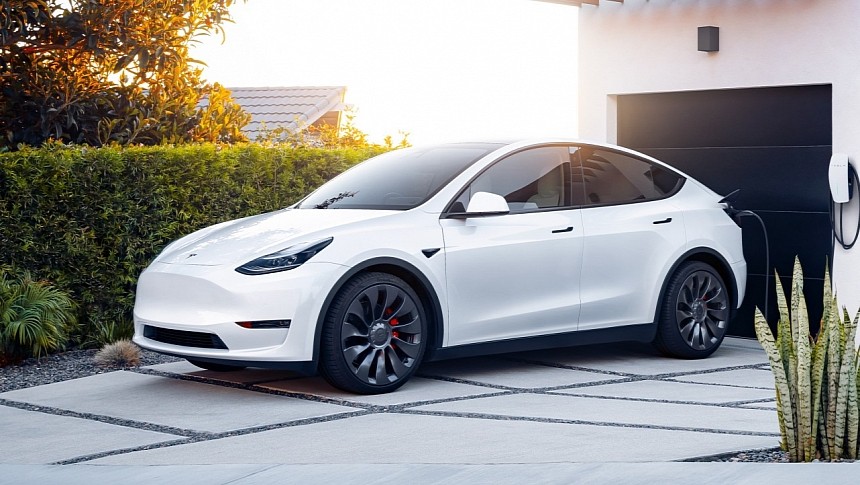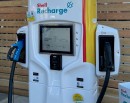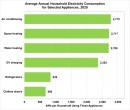People thinking that switching to EVs on a large scale would strain the electrical grid need not worry. A recent study shows that EV charging needs less energy than water heating in a typical US household. The study analyzed average annual household electricity consumption in 2020, so the situation might have changed since then.
One of the most common misconceptions about switching to electric vehicles is that the electrical grid would collapse when millions of EVs need to charge. People fail to grasp that millions of gas-powered cars don't refuel all at the same time. Not to mention that electricity is far more ubiquitous than gas, which needs to be transported to every gas station.
Most EV owners charge their EVs at home overnight when the electricity is mostly unused. Many of them use solar panels, thus not putting any strain on the grid. On the contrary, they feed the excess energy into it. Although this has become common knowledge as electric vehicles entered the mainstream, some people still expect the grid to choke at some point due to the large number of EVs trying to charge simultaneously.
This is not going to happen, not least because the amount of energy needed to charge an electric vehicle is not that significant. This is especially true compared to other appliances used in a typical household, which require more energy than your average EV. New data from the 2020 Residential Energy Consumption Survey show that EV charging is dwarfed by air conditioning, space heating, and water heating in a typical US household.
Each of these types of appliances needs about 2,700 kWh annually per household, while an electric vehicle accounts for about 2,400 kWh per year to charge. Thus, an electric car needs less than a quarter of the overall energy consumption of a typical American family, which is not very much to raise concerns. These figures were accurate in 2020, per the study highlighted by the Department of Energy (DOE) 's Vehicle Technologies Office.
The situation has likely changed since then, considering that in 2020, people traveled less because of the pandemic. They also stayed indoors more, increasing heating and air conditioning energy consumption. Also, newer appliances sport improved efficiency, thus lowering their energy consumption, while electric vehicle use hasn't changed that much.
Even when considering all this, electric vehicles will remain a non-issue for the centralized grid. More and more people who charge their EVs at home will install solar panels, thus freeing grid capacity for those who can't. Moreover, intelligent chargers are capable of load balancing, thus allowing more EVs to charge without exceeding the electrical connection capacity. This is helpful in apartment buildings and underground garages, where more EVs can charge at the same time.
Most EV owners charge their EVs at home overnight when the electricity is mostly unused. Many of them use solar panels, thus not putting any strain on the grid. On the contrary, they feed the excess energy into it. Although this has become common knowledge as electric vehicles entered the mainstream, some people still expect the grid to choke at some point due to the large number of EVs trying to charge simultaneously.
This is not going to happen, not least because the amount of energy needed to charge an electric vehicle is not that significant. This is especially true compared to other appliances used in a typical household, which require more energy than your average EV. New data from the 2020 Residential Energy Consumption Survey show that EV charging is dwarfed by air conditioning, space heating, and water heating in a typical US household.
The situation has likely changed since then, considering that in 2020, people traveled less because of the pandemic. They also stayed indoors more, increasing heating and air conditioning energy consumption. Also, newer appliances sport improved efficiency, thus lowering their energy consumption, while electric vehicle use hasn't changed that much.
Even when considering all this, electric vehicles will remain a non-issue for the centralized grid. More and more people who charge their EVs at home will install solar panels, thus freeing grid capacity for those who can't. Moreover, intelligent chargers are capable of load balancing, thus allowing more EVs to charge without exceeding the electrical connection capacity. This is helpful in apartment buildings and underground garages, where more EVs can charge at the same time.









